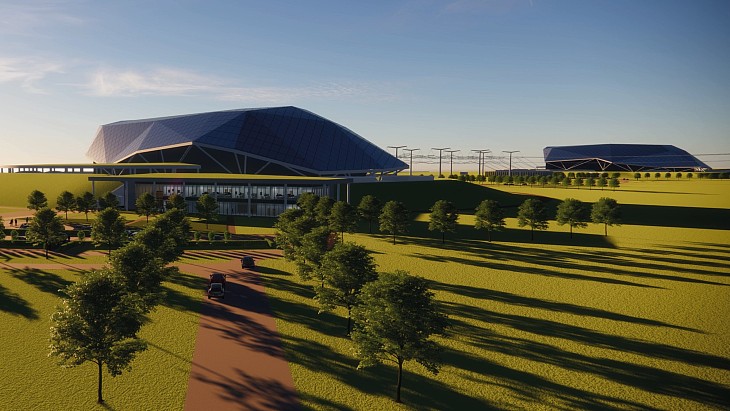EDF chief Henri Proglio has positioned electricity as "the energy of the future" while the country prepares to debate an 'energy transition'.
Speaking on 10 October to the French National Assembly, Henri Proglio set out to describe the future challenges faced by the electricity sector and how EDF is responding. His stance is crucial to the upcoming debate on energy instigated by President Francois Hollande, who was elected on a promise to reduce the share of nuclear energy in the mix to about 50% by 2025. Hollande has already decided that two reactors at the Fessenheim nuclear power plant should close early, effectively over-ruling a prior decision by safety regulators.
No matter which way French energy policy goes, state-controlled EDF will be the main tool for implementation. It owns the country's 58 nuclear reactors that provide about 75% of its electricity, and would take the financial burden of closing them early if that were Hollande's policy. In that scenario it would also have to pay to build replacement generation - and all of this would have to be factored into the power bills of French people and industry. France will debate this as part of a wide-ranging energy debate from November 2012 to April 2013.
Proglio asserted that the energy mix in 2025 would include nuclear power, renewables and 'energy savings' and that "the solution to the challenges of the future lies in their complimentarity and not in opposition." His belief is that "electricity is the energy of the future" and the term energy transition should mean the substitution of fossil fuels for other methods, fuels and technologies - one example being the introduction of electric cars.
The speech contained some interesting points on economics. Quoting the Court of Auditors, Proglio put a generation cost of €49.50 ($64.00) on every MWh produced by France's nuclear power reactors. This will rise by €5.50 per MWh with their extensive overhaul for further operation, as well as with safety and operational upgrades to cope with Fukushima-scale external events. This compares to French wholesale electricity prices of about €75 ($97) per MWh.
Domestic electricity prices in France are 35% lower than the European average, said Proglio, while the country's per capita carbon dioxide emissions from all energy use are one third lower than Germany's. Because uranium imports are cheap, generating nuclear power at home helps to avoid fossil fuel imports, which made up 90% of the country's trade deficit last year. "The existing nuclear fleet, together with hydro, provides a base for competitive French electricity. This is valuable asset for the country," said Proglio.
During a round-table with the parliamentarians, Proglio explained that power demand in France could increase by 40% by 2025 and this would automatically reduce nuclear power's share significantly. This natural reduction would essentially remove the need for early plant closures.
"How can we talk of mix yet not mention how much energy we would require? Is it not the proper question to ask where electricity would be produced, rather than the question of how we remove an existing means of production?" asked Proglio.
Researched and written
by World Nuclear News




_19544_40999.jpg)


_66668.jpg)





